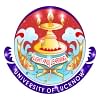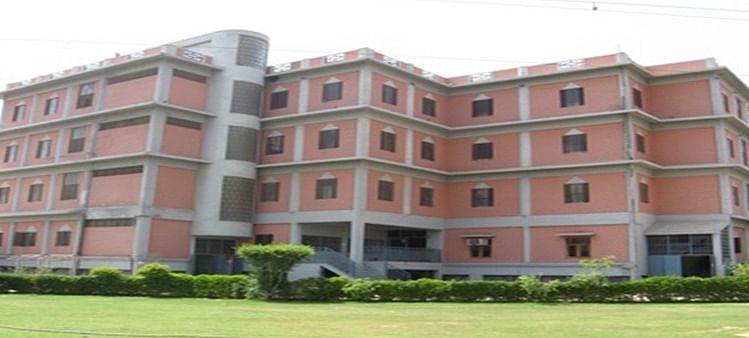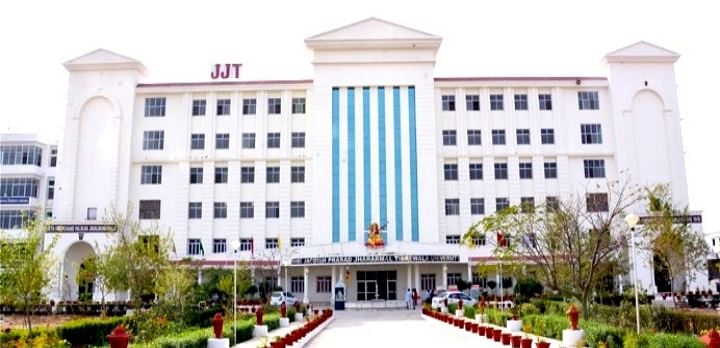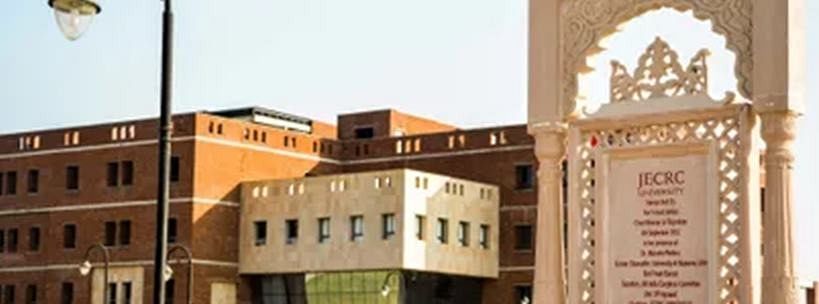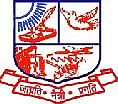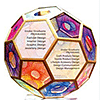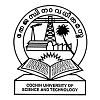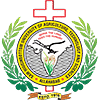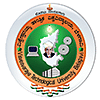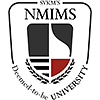MA Home Science Syllabus and Subjects 2026

MA Home Science Syllabus focuses on topics like Food Science, Nutrition, High-valued plants, etc. However, subjects may vary depending on the type of university. The MA in Home Science subjects are taught in 2 years.
Students must obtain the minimum score at the end of the MA Home Science course for successful graduation. The job market for a Master of Arts in Home Science is good. Some of the job profiles include Food Inspectors, Nutritionists, Food Technologists, etc.
Table of Contents
Semester-Wise MA Home Science Syllabus
MA Home Science 1st and 2nd-year subjects provide vital information to students in the field of food science and research methodology. The theoretical and practical subjects of MA Home Science help students understand the food industry in-depth.
MA Home Science First-Year Syllabus
Given below is a list of subjects taught in MA Home Science First Year Syllabus:
| Semester 1 | Semester 2 |
| Food Science | Textile and Clothing |
| Basics of Food Nutrition | Textile Designing |
| Research Methodology | Theory of Management |
| Extension Education -1 | Fabric Construction and Care |
| Human Development | Children with Special Needs |
MA Home Science Practical Subjects in First Year
The practical subjects taught in the first year of MA Home Science Syllabus are:
- Food Science and Nutrition
- Textile and Clothing
MA Home Science Second-Year Syllabus
Given below is a list of subjects taught in MA Home Science Second Year:
| Semester 3 | Semester 4 |
| Advance Human Development | Entrepreneurship Management and Consumer Economics |
| Health and Fitness | Family Guidance and Counseling |
| Nutrition of Women and Children | Resource Management |
| Therapeutic and Community Nutrition | Food Preservation |
| Statistics and Computer Applications | Dissertation |
MA Home Science Practical Subjects in Second-Year
The practical subjects taught in the second year of MA Home Science Syllabus are:
- Clinical and Therapeutic Nutrition
- Resource Management and Entrepreneurship
MA Home Science Subjects
The MA Home Science subjects provide concepts on Food Science, Nutrition, and Textiles to students. The course aims to make graduates apply these concepts practically to develop technically sound solutions in any domain and enhance productivity.
MA Home Science Core Subjects
MA in Home Science Syllabus has several core subjects that are taught to students. Listed below are some of them:
- Human Development
- Textiles
- Extention Education
- Applied Nutrition
- Energy Management
- Women’s Studies
- Community Health
- Statistics
- Entrepreneurship Development
- Food Services Management
MA Home Science Elective Subjects
MA Home Science Syllabus has some elective subjects that students can choose based on their areas of interest. Listed below are some of the elective subjects:
- Human Psychology
- Early Childhood Education
- Child Welfare in India
- Interior Decoration
- Children with Special Needs
MA Home Science Subjects in Detail
Given below are the topics covered in some important subjects of the MA in Home Science Syllabus:
| MA Home Science Subjects | Topics Covered |
| Food Science | Introduction to Food Science, Cereals and Cereal Products, Fats and Oils, Milk and Milk Products, Vegetables, Fruits, Fish, etc. |
| Concepts of Nutrition | Minimum nutritional requirements and RDA, Energy in Human Nutrition, Carbohydrates, Proteins, Lipids, Minerals, Vitamins, etc. |
| Therapeutic and Community Nutrition | Basic concepts of Diet Therapy, Nutritional care for weight management, Diets for stomach diseases, Liver diseases, Diabetes Mellitus, Skeletal diseases, etc. |
| Extension Education | Concept of Education, Extension process, Concept of Adult, Programmes to enhance food production, programmes for women and children, etc. |
| Research Methodology | Scientific method, Scientific approach, Fact, theory and concept, hypothesis, methods of data collection, sampling, analysis of data etc. |
| Textile and Clothing | Classification of textile fibers, manufacturing process, types of yarns, types of knits, finishes, dyeing, principles of clothing construction, etc. |
| Human Development | Study of Human Development, Method of Child Study, Psychological testing, House Tree person, Theories of personality, cognition, etc. |
MA Home Science Syllabus: Scheme of Assessment
The scheme of evaluation followed in the Master of Arts Home Science Syllabus in each semester is given below. However, it may vary according to the type of university.
| Type | Marks |
| End-semester exam | 80 |
| Internal Assessment | 10 |
| Practicals | 100 |
| Dissertation | 100 |
| Seminar | 10 |
MA Home Science Course Structure
MA Home Science Syllabus course structure consists of core and elective subjects. Most Home Science colleges across the country follow the syllabus accepted by the UGC. The students must submit a research-based final dissertation at the end of their degree. The course structure is:
- 4 Semesters
- Core and Elective subjects
- Dissertation Submission
- Project and Viva Voce
- Mandatory Internship
MA Home Science Teaching Methodology and Techniques
MA Home Science course involves teaching methods that include brainstorming sessions, case studies, mandatory internships, and group discussions. The teaching methodology and techniques used in MA Home Science course are:
- Research Sessions
- Group Projects
- Case Methodology
- Workshop
- Final Dissertation Submission
- Mandatory Internship
MA Home Science Projects
Projects are essential to help students get a thorough understanding of the MA Home Science course. The topics also guide them in solving real-world problems related to food science. Given below are some important MA Home Science project topics:
- A study of the effect of feeding practices on child development: Children aged 0-2yrs.
- Appraisal and Utility of Biogas in household cooking in rural areas
- Studies on human air in protein energy malnutrition
- Study on apparel manufactured from delicate fabrics
- Unconventional foods and their popularity
- Development of Wool Acrylics Fabrics for the Khadi Sector
- Correlates and Life Satisfaction among middle-aged married Couples
- Effect of Dietary Habits on the urban slub and rural population in the Amaravathi District of Vidarbha
MA Home Science Reference Books
Right books guide students to understand MA Home Science Syllabus effectively. Listed below are some of the best books that can be studied throughout the course.
| Name of Book | Author |
| Principles of Horticulture | CR Adams |
| Applied Nutrition | R Rajlakshmi |
| Methods of Social Research | Goode and Halt |
| Early Childhood Care and Education | Soni Romila |
| Human Nutrition and Dietetics | Davidson and Passmore |
Top MA Home Science Colleges
Top Arts Entrance Exams
MA Home Science Fee Structure
FAQs on MA Home Science Syllabus and Subjects
Q: What are some core subjects in MA Home Science?
Q: Is there a demand for an MA Home Science course?
Q: What is the MA Home Science course duration?
Q: What to do after studying MA Home Science course?



